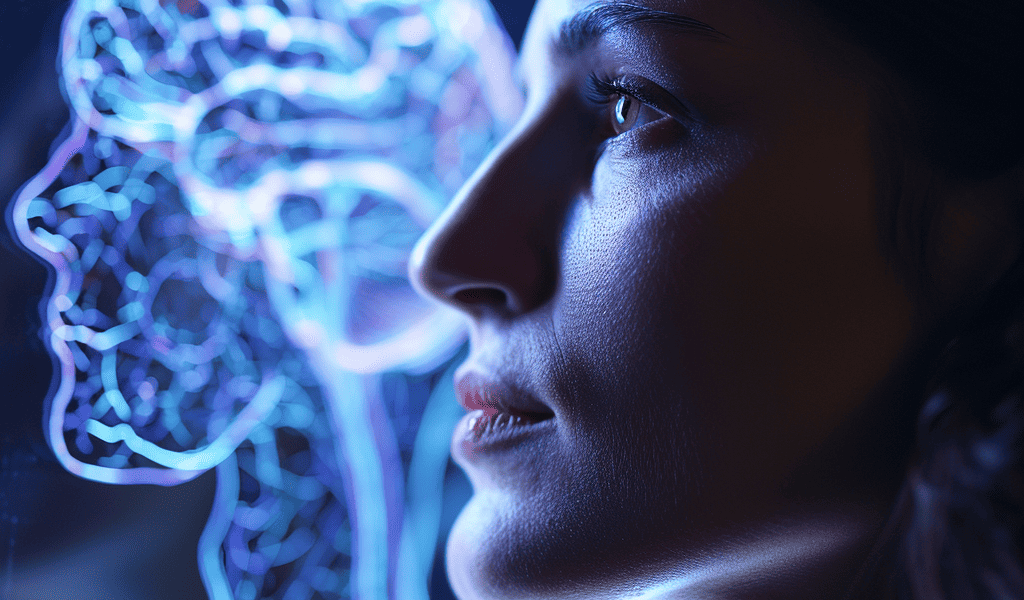Mount Sinai Hospital researchers have made a groundbreaking discovery, revealing that an individual’s beliefs about drugs can significantly impact their brain activity and behavior, much like the effects of pharmacological treatments. This finding has far-reaching implications for addiction treatment and mental health research.
Power of Beliefs on Brain and Drug Dosing Behavior
A recent study conducted by the Mount Sinai team has shed light on the profound influence of beliefs on brain activity and behavior. The research focused specifically on beliefs about nicotine and their impact on the human brain.
The study’s findings indicate that an individual’s beliefs about drugs can modulate brain activity and behavior in a manner that is dose-dependent, akin to the effects of pharmacological treatments. Notably, the thalamus, a critical site for nicotine in the brain, exhibited dose-dependent responses corresponding to participants’ beliefs about nicotine strength.
Understanding the Role of Beliefs in Addiction and Mental Health
These findings have significant implications for addiction treatment and mental health research. By recognizing the powerful influence of beliefs on brain activity and behavior, researchers can potentially develop innovative treatments and interventions for addiction and various mental health disorders.
Study Methodology and Key Findings
The study, led by Ofer Perl, PhD, a postdoctoral fellow in Dr. Xiaosi Gu’s lab at the Icahn School of Medicine at Mount Sinai, involved instructing nicotine-dependent participants to believe in different nicotine strengths while maintaining a constant actual level. Through functional neuroimaging, the researchers demonstrated the thalamus and prefrontal cortex’s precise and dose-dependent response to participants’ beliefs.
Implications for Mental Health Treatment and Research
The study’s implications extend to both pharmacological and nonpharmacological treatments, highlighting the potential to optimize treatment approaches by harnessing the power of human beliefs. Dr. Xiaosi Gu, the senior author of the study, emphasized the significance of these findings, stating that beliefs could play a crucial role in advancing our understanding of addiction and a wide range of disorders and their treatments.
Conclusion
The groundbreaking research conducted by the Mount Sinai team has unveiled the remarkable influence of beliefs on brain activity and behavior, presenting new opportunities for advancing addiction treatment and mental health research.





